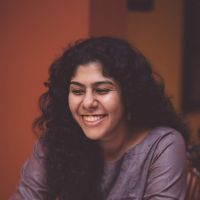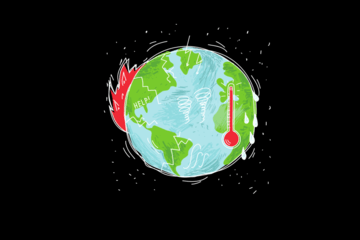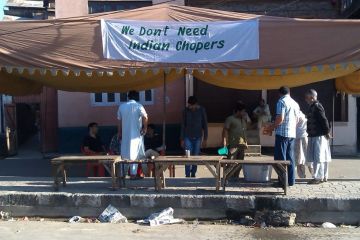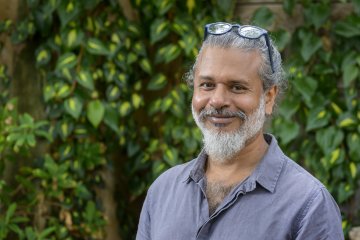
The shade of the
trees,
The single hut,
A few flowers,
And a sky,
In the picture
That hangs on the
wall.
As my eyes rest on
the flowers,
My heart wanders
In search of
The solitude
Of the painted hut.
—Pada Veettin
Thanimai, Oru Maalaiyum, Innoru Maalaiyum (2000)
The most enduring
memory Salma’s friends in the Tamil literary circle have of her is arguably the
sight of her eating dosai. It was the first time
Continue reading “The chronicler of sleepless nights”
Read this story with a subscription.





